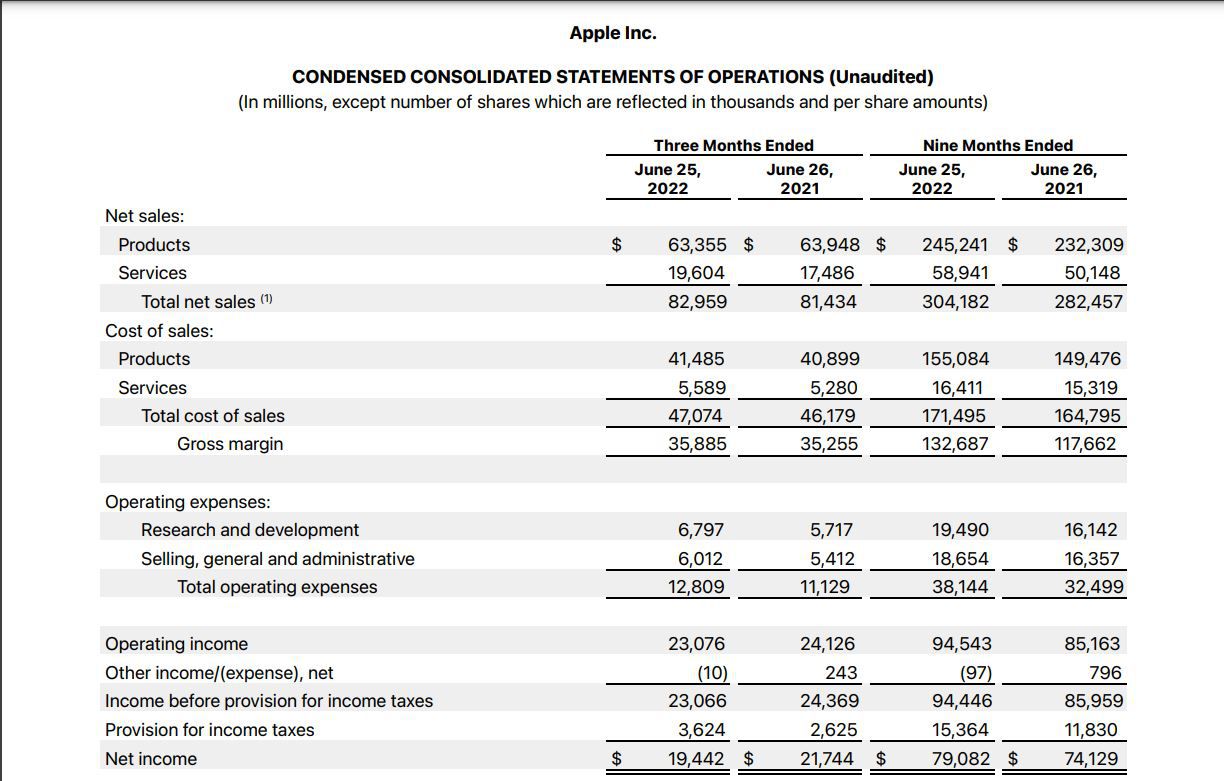Home>Finance>Medical Expenses: Definition, Examples, Tax Implications


Finance
Medical Expenses: Definition, Examples, Tax Implications
Published: December 24, 2023
Learn about medical expenses, their definition and examples, and the tax implications associated with them. Explore the financial side of healthcare.
(Many of the links in this article redirect to a specific reviewed product. Your purchase of these products through affiliate links helps to generate commission for LiveWell, at no extra cost. Learn more)
Take Control of Your Finances: Understanding Medical Expenses
When it comes to managing your finances, understanding medical expenses is crucial. Whether you’re dealing with unexpected health issues or planning for the future, knowing how medical expenses work can save you money and reduce financial stress. In this article, we’ll explore the definition of medical expenses, provide examples, and discuss the tax implications associated with these costs.
Key Takeaways:
- Medical expenses encompass a wide range of costs associated with healthcare, including doctor visits, hospital stays, prescription medications, and medical procedures.
- Keeping track of your medical expenses is important for tax purposes, as certain medical expenses may be tax-deductible.
Understanding Medical Expenses
Medical expenses refer to the costs incurred for healthcare services received by individuals. These expenses can include a variety of items, such as:
- Doctor Visits: Fees for consultations, check-ups, or specialist appointments.
- Hospital Stays: Charges for room, board, and medical services during a hospital stay.
- Prescription Medications: Costs associated with prescribed drugs or medications.
- Medical Procedures: Expenses related to surgeries, diagnostic tests, or therapeutic treatments.
- Medical Devices: Charges for equipment like hearing aids, wheelchairs, or prosthetics.
- Health Insurance Premiums: Payments made to insurance companies for coverage.
It is important to note that not all medical expenses are covered by insurance. Some costs may require out-of-pocket expenses, deductibles, or copayments. Understanding your insurance policy and its coverage can help you plan and manage your medical expenses effectively.
Tax Implications of Medical Expenses
Medical expenses can have tax implications that may impact your finances. The Internal Revenue Service (IRS) allows taxpayers to deduct certain medical expenses on their federal income tax returns if they meet specific criteria. Here are some key points to consider:
- Qualified Expenses: To qualify for a deduction, medical expenses must be deemed necessary for the diagnosis, treatment, or prevention of a physical or mental illness.
- Thresholds: According to the IRS, you can only deduct medical expenses that exceed a certain percentage of your adjusted gross income (AGI). The percentage may vary each tax year, so it’s important to check the IRS guidelines or consult a tax professional.
- Record-Keeping: It’s crucial to keep detailed records of your medical expenses, including bills, receipts, and insurance statements. These documents will serve as evidence for claiming deductions, if applicable.
While medical expenses can be a burden, understanding the tax implications can provide some relief. Consult with a tax professional or refer to the IRS guidelines to ensure you maximize your deductions and benefits.
Take Control of Your Finances Today
By familiarizing yourself with the definition, examples, and tax implications of medical expenses, you are taking an important step towards financial empowerment. Keep track of your medical expenses, understand your insurance coverage, and explore potential tax deductions. Taking control of your finances will not only reduce stress but also provide you with the knowledge and resources to make informed decisions about your health and well-being.














